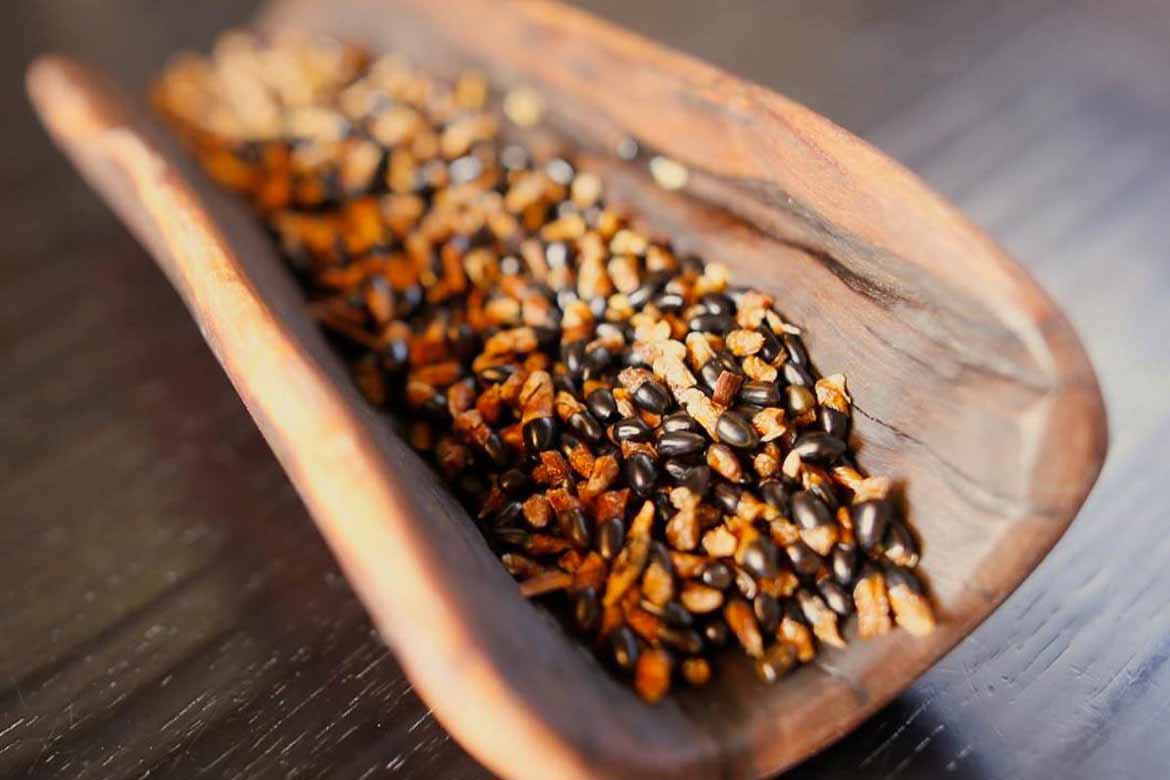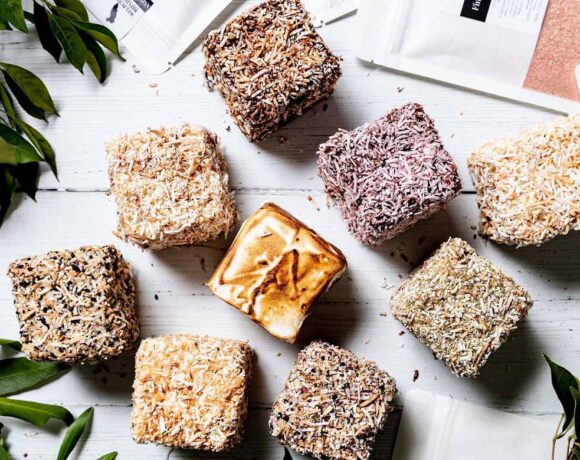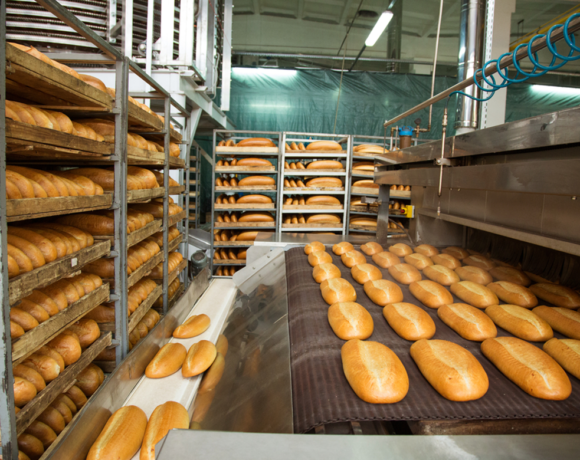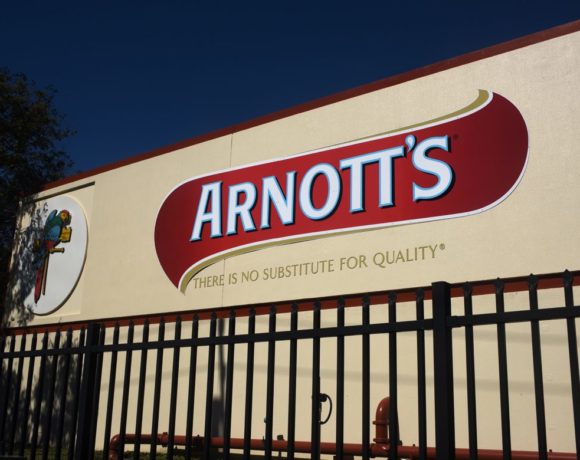The Orana Foundation announced the launch of their Indigenous Food Database on September 30.
The Foundation commissioned The University of Adelaide as their research partner to deliver on four key projects:
- Indigenous Food Database: to build a native food database to collate knowledge of Australian plants (native and introduced) that have been used for food by a range of Indigenous communities.
- Food Quality Assessment: to conduct food quality assessment to provide knowledge of the nutritional profile of plants.
- Food Flavour Assessment: to conduct food processing and flavour assessment to improve knowledge of the specific use and preparation of plant products and derivation of specific ingredients for culinary use.
- Plant Production assessment: to conduct plant production assessment to improve knowledge of the horticultural practices for growing specific ingredient plants and identification of superior landraces that may form the basis of improved plant varieties and better production systems.
The Indigenous Food Database has seen 1,443 ingredients compiled together for the first time from published literature on Indigenous uses, specific scientific knowledge, and species bioclimatic envelope information that has been outputted as maps on where to find them in Australia.
One hundred of these ingredients were further researched for food quality with additional nutritional content, ethnomedicinal uses, bioactive compounds, toxicity, functional properties and commercial uses.
The food flavour assessment was documented on 50 plant species from the Database with high nutritional profiles and/or highly prospective in terms of taste and flavour, along with their preparation and cooking requirements for culinary use, and a gastronomy evaluation.
Horticultural information for 99 plants from the Database were included with detailed distribution maps based on Bioclimatic Envelope Analysis, with our horticultural production trials also generating some additional information on propagation methods for some of the focal species.
The Orana Foundation Founder, Jock Zonfrillo, said: “It’s heartbreaking to think that during my lifetime, Indigenous Australian language and culture is in danger of being completely wiped out, and that the past 60,000 years of passing cultural knowledge from one generation to the next is in jeopardy.
“Indigenous knowledge is being taken out of their hands and grown overseas with no benefit or acknowledgement flowing back to them. We have seen this time and time again from sandalwood to wattleseed. By documenting their Traditional Knowledge in this way, we are putting a stake in the ground saying that’s not ok, that Indigenous food is not simply a transaction.”
Jo Willmot, a Wakka Wakka woman and Board Director of The Orana Foundation, said: “I hope that this work propels the process of putting Aboriginal and Torres Strait Islander
Elders in total control of the access and release of information as they see fit, for use in either preservation or collaboration, for greater economic power.”
The Indigenous Food Database was majority-funded by a funding deed with the South Australia Government, with additional donations from philanthropists. The Funding Deed was administered by the Department of Primary Industries and Regions (PIRSA) and was for the purpose of the Indigenous Food Database, Indigenous Enterprise Projects, set up establishment costs, and administration costs such as consultants, finance, legal, travel and marketing.
The project completion date with PIRSA was 30 September 2020, with the Foundation’s final Milestone Report being submitted and accepted by PIRSA on 8 September 2020.
The findings of the Database were introduced to media and key members of the Australian Indigenous community earlier this afternoon during a web conference. The conference included a panel discussion moderated by Network 10’s Narelda Jacobs discussing the significance of Indigenous food and the Australian culinary identity with Jo Willmot, Arabella Douglas from Currie Country, and Daniel Motlop from Something Wild Australia.
The Database’s findings are currently with the leading Indigenous intellectual property (IP) lawyers in Australia, Dr Terri Janke and Company, to ensure all ethical research obligations are met and Indigenous Cultural and IP protocols have been followed. After Dr Janke’s work is complete, the Database will be handed over to an Indigenous entity, which will be the custodian of the Database moving forward.
Jock said: “It has always been our intention for Indigenous people to decide where to from here with the Database. It could be a time capsule for traditional knowledge, it could be used by schools for education, it could be commercialised. Whatever the future of the Database is, it will be decided by Indigenous people in a time and manner that they wish.”







COMMENTS